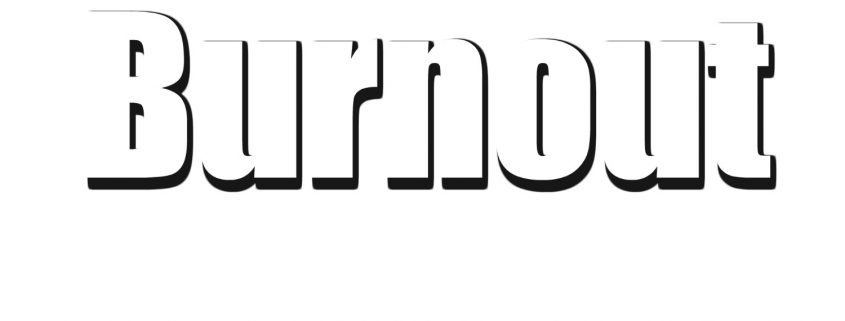Burnout
Several weeks ago, a client who was experiencing burnout, decided to take a week off from his demanding job in corporate law. The plan was to relax. Do things like reading, watching box sets. Over the two weeks the client went to the gym 6 times, took French lessons, met with friends at bars and restaurants 3 nights out of the week, went to the museum, Kew gardens and painted the spare room. “Well, I can’t just do nothing!” the client said.
When the Client (we’ll call him Manuel) states the perceived belief that they can’t just do nothing, he is allowing himself to be judged by a socially constructed perspective, one that criticises inactivity. In the west, our productivity is under constant self-surveillance, to the point that we feel a sense of shame when we view our efforts to have come up short. But this leaves us both too tired to work, and too drained to rest.
This is why burnout can be so problematic to treat. Feeling exhausted yet compelled to continue regardless indicates that you have lost the ability to relax. It’s a double bind that makes it very difficult to cope. It also prevents you from finding pleasure in calm inducing activities such as going for a walk, or listening to music. It can be counterproductive to recommend relaxing activities to someone who complains that the one thing they cannot do is relax.
So how do you recover the capacity to relax, and thus begin to recover from burnout. Well before we predictably cheer-lead therapy as a preferred remedy, it is often the case that difficulties inducing nervous exhaustion are more external than internal. Time and energy may be drained by life events (bereavement, divorce, changes in financial status and so on) as well as the demands of work.
In such cases, it is worth turning in the first instance to more external solutions – cutting working hours as much as possible, carving out more time to relax or for contemplative practices such as yoga and meditation. This is as much a matter of discovering a remedy as the remedy itself. Merely listening and attending to the needs of the inner self as opposed to the demands of the outside world can have a transformative effect.
However, for some such practices will not be practical. Many of us work in jobs that demand long hours and an always on commitment. The idea of cutting off and decreasing in productivity will probably induce more anxiety in someone on a relentless quest for achievement. Where burnout is psychologically rooted, therapy with a charted counselling psychologist can be particularly useful in 2 ways.
First in structure – The nervous exhaustion of burnout results from their enslavement to an endless to-do list packed with short- and long-range tasks. A counselling psychologist can use a psycho-dynamic therapy style, where you sit or lie down and begin to talk with no particular agenda, letting yourself go wherever your minds takes you. For portions of a session you might be silent, discovering the value of simply being with someone, without having to justify or account for yourself, instilling an appreciation for what the American psychoanalyst Jonathan Lear calls “mental activity without a purpose.”
The second way is content. Talking to a therapist can help us discover those elements in our own history and character that make us particularly vulnerable to specific difficulties such as burnout. This was very much the case for Manuel, and goes some way to explaining why the idea of “just doing nothing” so scandalised him. Even today as old people, Manuel could never imagine his parents putting their feet up talking, reading or watching TV. He remembers family meals taken quickly, with one or both parents in a hurry to rush off to one commitment or another. His own life was heavily scheduled with homework and extra-curricular lessons, and he was never more criticised by either parent than when he was being “lazy”. Only now is he beginning to ask why they, and he in turn, are like this, and why being at rest for any length of time is equivalent in their minds to “wasting” it.
Insight like this can be helpful to challenge our internalised habits of working and our dogmas as to what constitutes a “productive” use of our time. Making different choices is what ultimately will alleviate burnout. Beyond this it encourages us to think about what kind of life would be worth living, rather than simply living the life we assume we’re stuck with.



Leave a Reply
Want to join the discussion?Feel free to contribute!